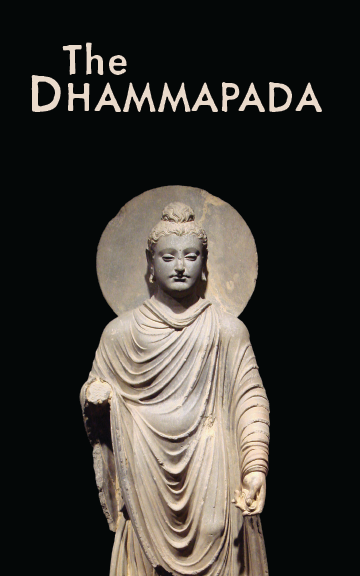The Dhammapada
The Dhammapada
The Dhammapada (Sayings of Buddha) is a small part of Buddhist scripture taken from the Sutta Piṭaka (collection of sermons). It was widely accepted as canonical in 250 BCE and contains 423 verses from the Buddhist Book of Proverbs in 26 different categories. The verses in the text, most of which deal with the ethics of humanity, are often spoken by Buddhist monks on specific occasions throughout the year.
Even though this is not the largest collection of Buddhist scripture, it is considered one of the most important pieces and is extremely popular across all the various schools of Buddhism. It is a literary work that inspires, illuminates, and motivates people while teaching them to focus on their minds and strengths.
Max Muller's translations of the Buddhist scriptures are awe-inspiring and breathtaking as he works his way through the 26 different chapters. He shares their thoughts on anger, pleasure, impurities, happiness, good and evil, the wise man versus the fool, and making an effort to go the right way. There have been different translations throughout the years, but Max Muller's translation is one of the most widely used and accepted in the modern Western world.







